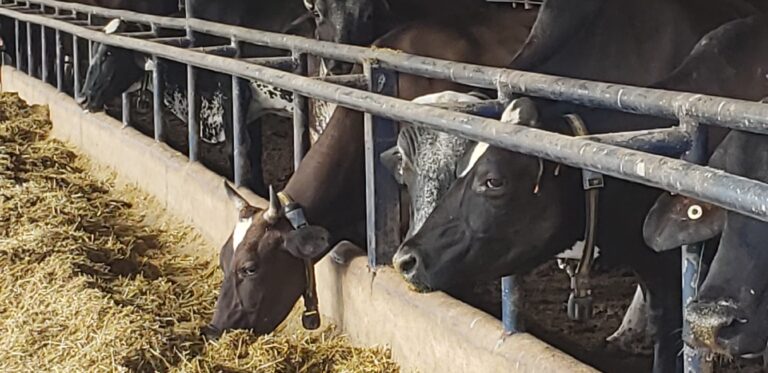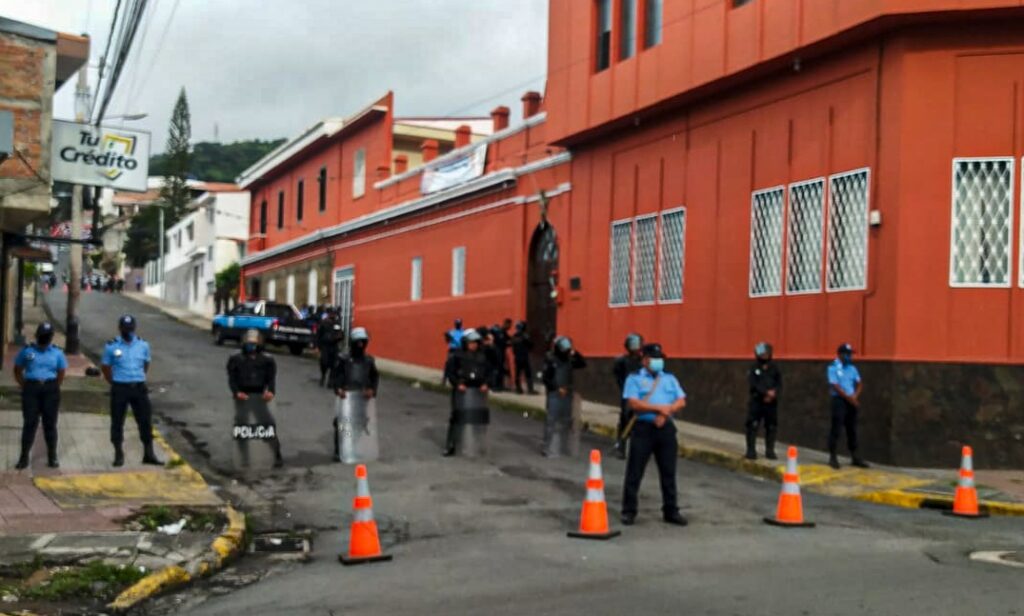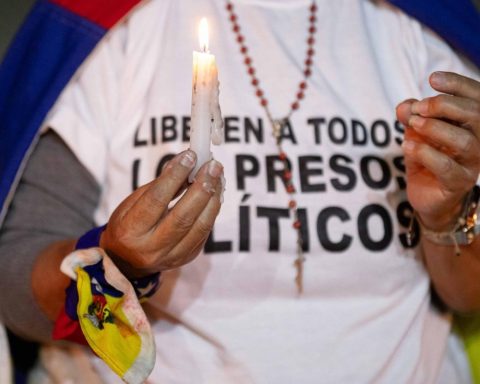Panama sustained before a Panel of the World Trade Organization (WTO), its right to establish precautionary measures and carry out control and approval procedures, which comply with the adequate level of sanitary protection for imports from Costa Rica.
Under the Agreement on Sanitary and Phytosanitary Measures (SPS Agreement), these controls may be applied to the importation of meat, dairy products, pineapples, bananas, plantains, and strawberries.
In this first hearing, the Panamanian delegation, made up of officials from the Ministry of Commerce and Industry and the Ministry of Agricultural Development represented by Vice Minister Alexis Pineda, stressed to the panelists that it is the right of the Panamanian authorities and not that of Costa Rica, establish the necessary provisional measures and the procedures applicable to the processing of requests for renewal of plants that wish to export to Panama and to ensure that they comply with national legislation, guaranteeing the safety of the products, without affecting the Panamanian sanitary and phytosanitary heritage and no damage to the health of the consumer.
In this dispute, Costa Rica claims against three provisional measures from Panama that temporarily suspend imports of pineapples, bananas, plantains and strawberries from Costa Rica, due to the presence of quarantine pests in several shipments, which put Panamanian agricultural health at risk and the repeated detection of pesticide residues that exceed the limits allowed by Panamanian legislation and that do not comply with the safety to be consumed by Panamanians.
Also in dispute are the inspection and approval procedures of 16 Costa Rican beef and dairy plants, expired since June 2020, which the Panamanian health authorities have not been able to complete due to Costa Rica’s refusal to undergo an evaluation of their health system and timely submit all the necessary information required by Panama, to verify that they maintain a health and safety control system equivalent to that required by Panama to its nationals and that Costa Rica alleges they have had “undue delays”.
It is an objective of the national government “to protect animal and plant health, the safety of food for the consumer and the national production and industry against imports that come from any country and, above all, from countries with little sanitary control, which do not comply our regulations and international agreements”, said Vice Minister Pineda.
Panama produces annually (2021) more than 190 million liters of milk, about 631 thousand head of pigs and 350 thousand head of cattle are slaughtered, about 359 thousand tons of bananas are exported, and 10,862 tons of pineapple. This agricultural sector represents 14.7% of national employment with some 270,871 jobs, mainly in rural areas.












